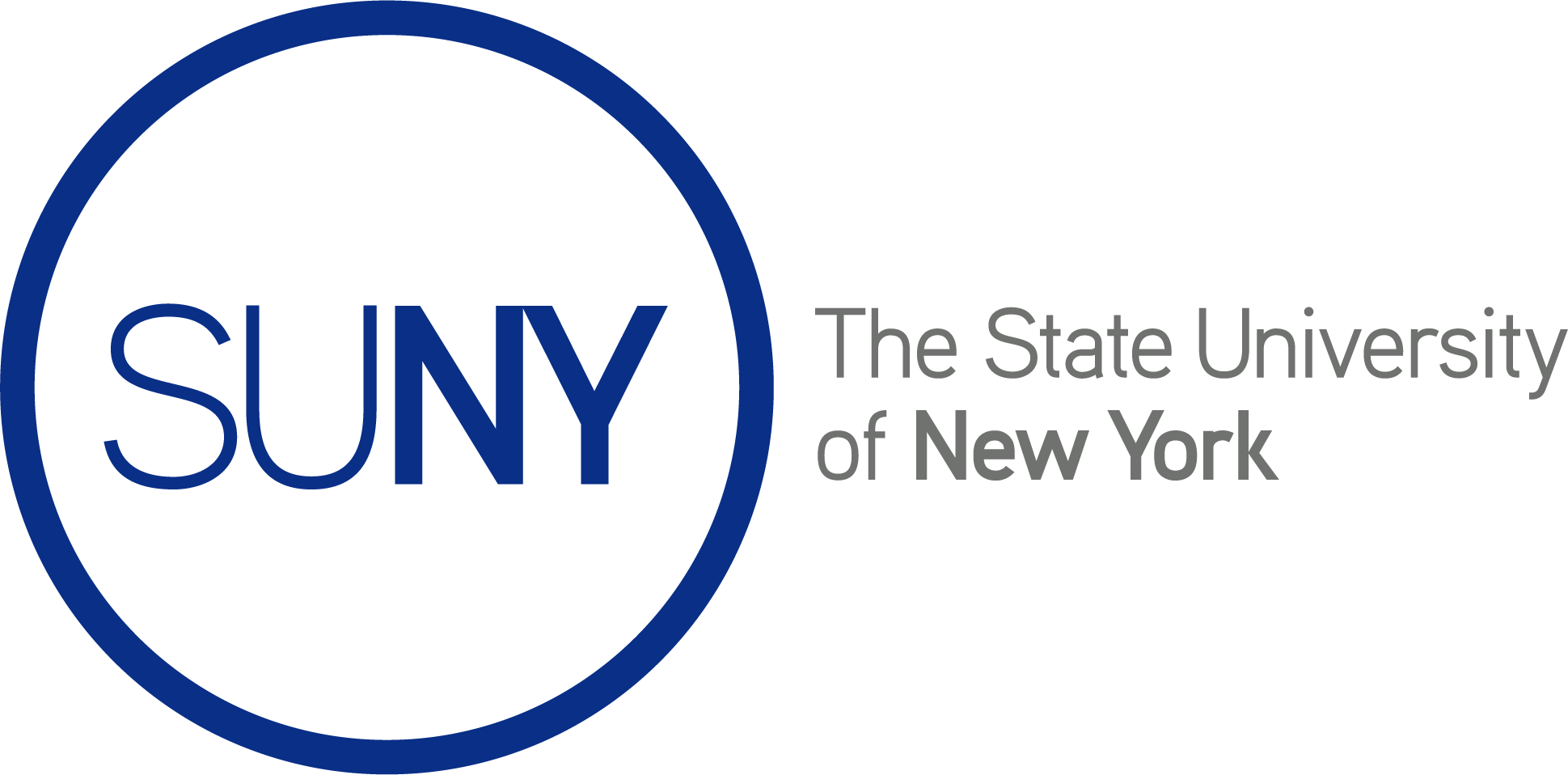This project is an amalgamation of conversations I have had with friends, family, classmates, and professors. It is a compilation of restless nights, tireless days, and countless panic attacks which forced me to acknowledge that my education has operated at the mercy of a capitalist state.
However, it did also require an immense amount of research to fully understand the way markets operate and how they do so on college campuses.
This website has come as a result of these two processes, as well as actively trying to engage in intersectional thinking and reflecting on how I interact with capitalism.
For these reasons, it only felt right for me to use my genuine voice to describe these operations. While I easily could have quoted and cited my sources, this did not feel valuable for the final stretch of education I am engaging in.
I have spent three years at SUNY Oneonta developing critical thinking and acquiring new skill sets in Women’s and Gender Studies, Africano and Latinx Studies, English, Communication, Anthropology, Political Science, etc. More than anything, I value my ability to learn concepts and relay them in a way that can make sense to a broad audience. Especially given the fact that this website is intended for young adults, I wanted it to come from the genuine voice of a college student.
As a final hoorah to everything I have accomplished in higher education, while working under academic capitalism, this project comes from my own heart and my own voice.
If you wish to read more about where I got core concepts and ideas for this project, below are some wonderful resources that helped me, most of which are available on jstor.org. Additionally, I highly recommend doing your own research, whether it be in the form of a trip to the library or a conversation with an old friend. No matter where you look, you can gain a new perspective on class operations. If we truly acknowledge intersectional thinking, we acknlowedge that no two lives are the same and solidarity can be created through coming together for a common purpose.
- Altbach, Philip G. “Knowledge and Education as International Commodities: The Collapse of the Common Good.” International Higher Education, no. 28, 2015, https://doi.org/10.6017/ihe.2002.28.6657.
- Critical Political Education. “Neoliberalism in Higher Education.” YouTube, YouTube, 8 Sept. 2015, 43:48, https://www.youtube.com/watch?v=qdu3fl1gOtU.
- Gluck, Zoltan, et al. “ORGANIZING AGAINST EMPIRE: STRUGGLES OVER THE MILITARIZATION OF CUNY.” Berkeley Journal of Sociology, vol. 58, 2014, pp. 51–58, http://www.jstor.org/stable/24583214. Accessed 10 May 2022.
- Grace, Gerald. “Education: Commodity or Public Good?” British Journal of Educational Studies, vol. 37, no. 3, 1989, pp. 207–21, https://doi.org/10.2307/3121278.
- Hanley, Larry. “Academic Capitalism in the New University.” The Radical Teacher, no. 73, 2005, pp. 3–7, http://www.jstor.org/stable/20710307.
- Jakobsen, Janet R. “Activism and the Academy: A Utopian Proposition.” S&F Online, 2013, https://sfonline.barnard.edu/activism-and-the-academy/introduction/.
- Slaughter, Sheila, and Larry L. Leslie. “Expanding and Elaborating the Concept of Academic Capitalism.” Organization Overviews, vol. 8, no. 2, 2001, pp. 154–161., https://doi.org/10.1177/1350508401082003.
- Steck, Henry. “Corporatization of the University: Seeking Conceptual Clarity.” The Annals of the American Academy of Political and Social Science, vol. 585, 2003, pp. 66–83, http://www.jstor.org/stable/1049751.


